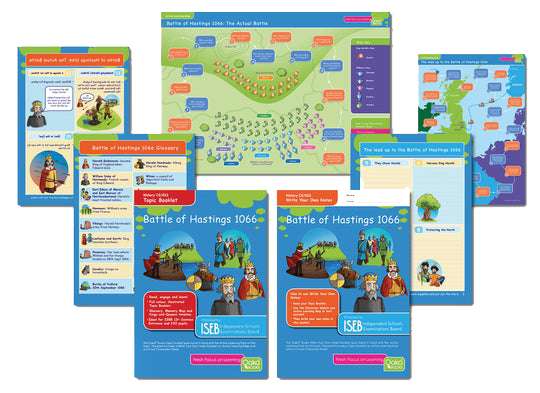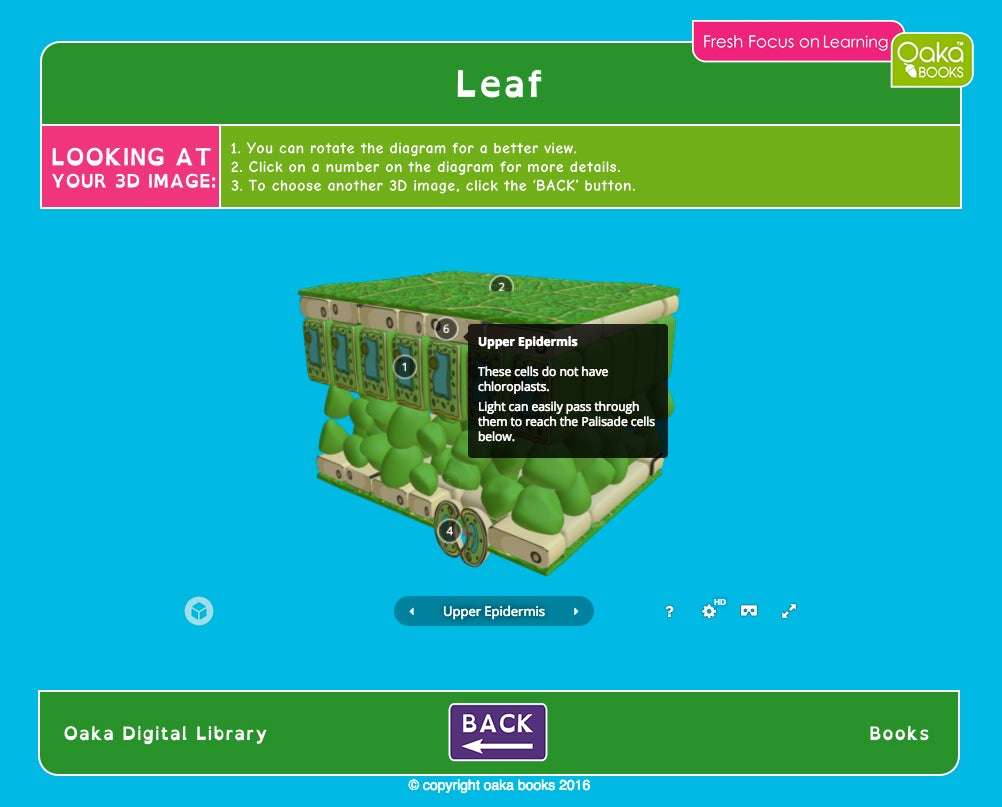Achieving academic success often comes down to adopting certain “success behaviours,” rather than merely relying on innate intelligence.
These behaviours form the cornerstone of how top-performing pupils approach their educational journey.
It’s a strategy that can benefit all pupils, not just those who already excel. In fact, encouraging behavioural change is one of the most effective ways to move pupils from a more fixed mindset to a growth mindset.
- Before Lessons:
- Use Your Specifications: Refer to your exam specifications to understand what will be covered, acting as a roadmap for the lesson ahead.
- Customise Your Planner: Prepare your planner to fit your academic needs; it will help you stay organised.
- Read the Book Chapter: Pre-reading material allows you to come into the lesson with a solid grounding.
- During Lessons:
- Listen Intently: Active listening to both teachers and peers is crucial.
- Ask for Help: If you’re confused, seek clarification immediately.
- Make Clear Notes: Good note-taking helps you absorb and revisit material later.
- Identify Comprehension Levels: Note what you do and don’t understand for future revision.
- After Lessons:
- Organise Notes: File and organise your notes for easier revision.
- Draft and Redraft: Your first draft isn’t your final one; refine your work to form a better understanding.
- Consolidation and Retrieval: This involves various techniques:
- Highlight keywords
- Make revision cards, mind maps, or models
- Watch supporting videos
- Use virtual learning environments (VLE)
- Work through past papers
- Join study groups
- Consult your teacher for further guidance
By adopting success behaviours, you’re not just hoping for good grades; you’re taking active steps to achieve them.
It’s all about preparation, participation, and follow-through.
Often improvements in grades naturally reflect this systematic, proactive approach, and the best thing is that it offers everyone a realistic path towards academic achievement.





